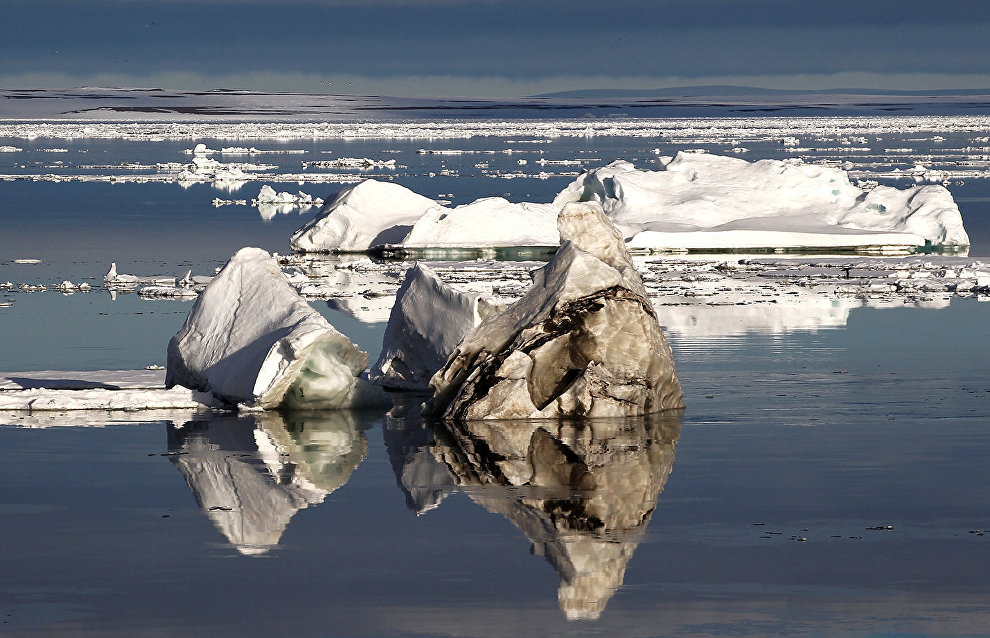Russian polar explorers find Eira schooner sunk off Franz Josef Land in 1881
The expedition "Open Ocean: Arctic Archipelagos 2017. In the Footsteps of Two Captains" has discovered the British schooner Eira that sank off the Franz Josef Land, the expedition's co-head Alexander Chichayev told journalists in Murmansk on Thursday, Interfax reported.
The initial goal of the In the Footsteps of Two Captains project was to find the St. Anna schooner from the expedition led by polar researcher Georgy Brusilov, who went missing in the 1910s. However, due to tough ice conditions in August, the Alter Ego yacht of the Russian memorial expedition was forced to drop anchor off Cape Flora and start looking for the scene of the Eira's wreck.
On board the Eira, British researcher and explorer Benjamin Leigh Smith, who discovered several islands of the Franz Josef Land archipelago, intended to continue his exploration of the Franz Josef Land and its nature. In August 1881, the ice-bound Eira capsized off Cape Flora. Leigh Smith and his fellow expedition members became the first explorers to spend the winter there. The forced stopover on Cape Flora dragged out for ten months, during which the expedition conducted observations and collected invaluable scientific data. Though Leigh Smith left the Eira's wreck coordinates in his diary, no explorer has succeeded in finding its exact location until now.
"We saw and found the vessel of British explorer Benjamin Leigh Smith, the Eira. I am 100% sure of that, although, of course, we did not do any special research as this was technically impossible, but all the information about the scene of the wreck and certain specific features leave no doubt that it's her," Chichyaev said.
The British vessel was discovered with the help of a multibeam echo sounder at a depth of around 20 meters. The images obtained with a subsea camera suggest that this is a wooden schooner 10x50 meters. But this can only be verified during submersion. According to Chichayev, chances of raising the sunken vessel are slim as the place where it sank poses a problem for underwater operations. The Russian explorers have not yet contacted their British colleagues about the discovery.
The explorers do not rule out future discussions about the possibility of lifting the schooner and displaying it at a museum. But this would require clearing various administrative hurdles, above all obtaining the consent of experts who will assess the extent of the vessel's decay over the past 136 years.
